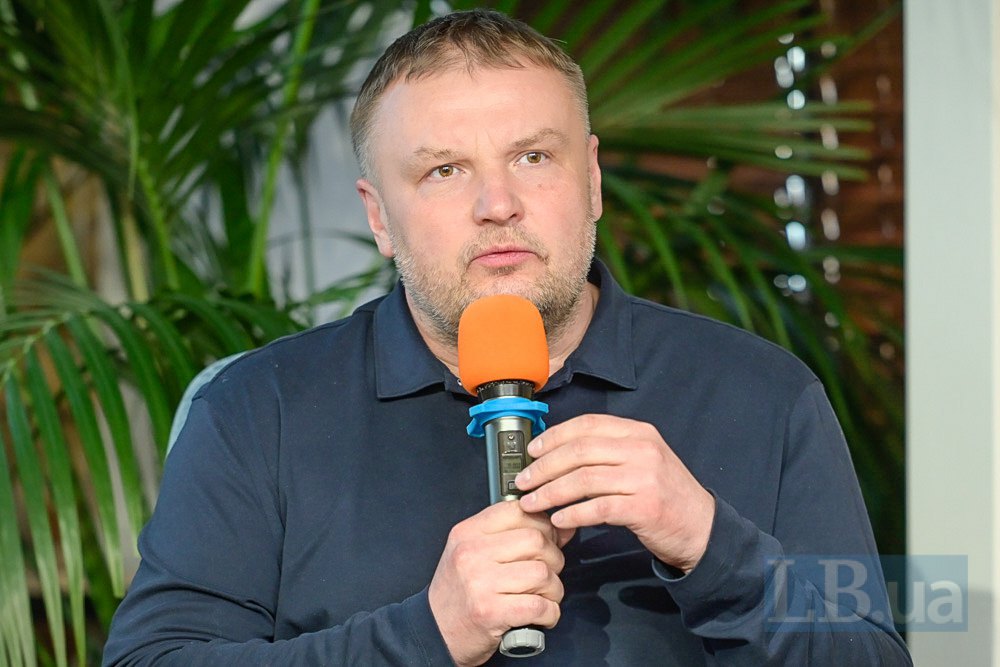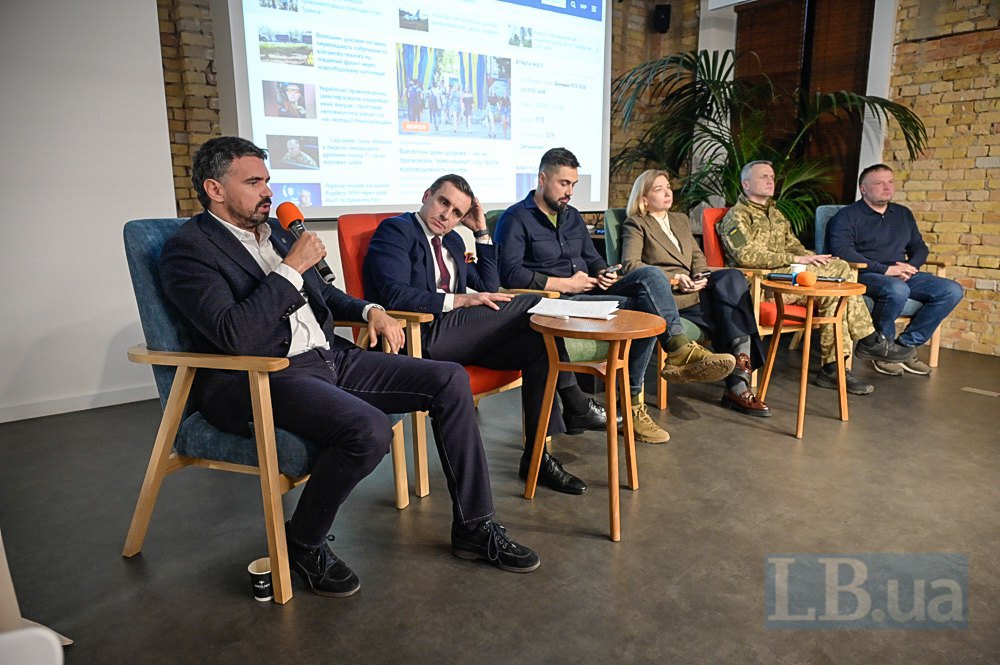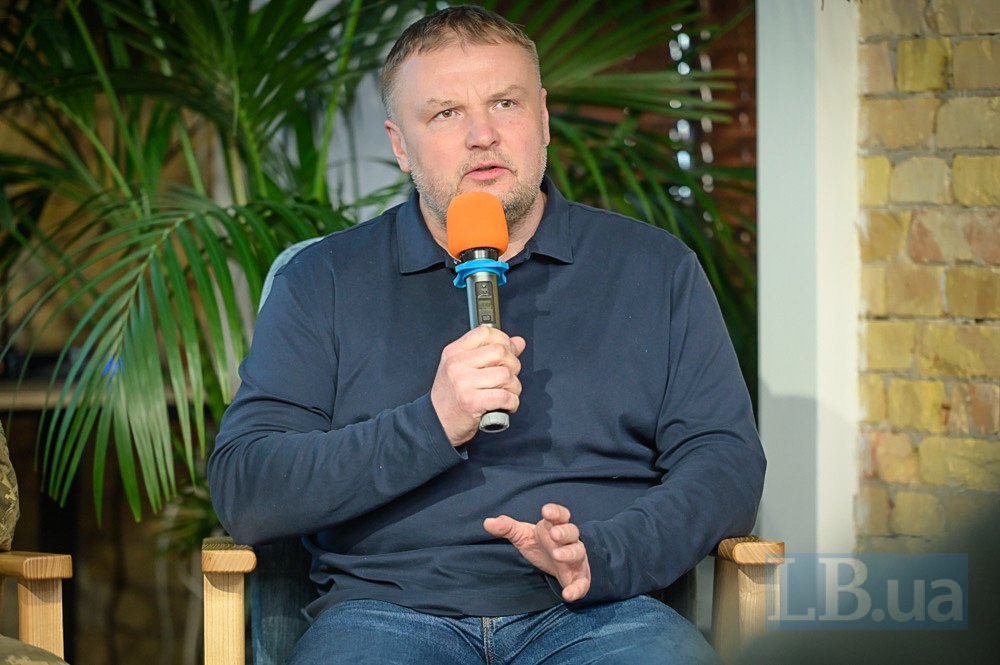
‘In fact, since November 2023, Russia has been broadcasting a single narrative to all audiences - Russia, Ukraine, the collective West, the Global South - in one single voice. For a year and a half, they were quite active in saying that they were for peace and Ukraine was against it. They said that under pressure from the West, Ukraine did not want peace. The talks in Jeddah between Ukraine and the United States helped to break this narrative,’ says Vadym Denysenko. ’And the Russians were thinking for quite a long time, two weeks, about what to say. And then came Putin's statement that interim leadership under the auspices of the UN should be introduced to Ukraine, elections should be held, or something else. Peskov clarified Putin: they believe that the Ukrainian military and political leadership does not control the army, and the army does not listen to the military and political leadership; there is a complete mess, chaos.’
Denysenko called this narrative unsuccessful - it was not accepted by the Global South, the collective West, and especially Ukraine.
‘But the campaign has been launched, so it must work. And the only audience for which it is starting to work a little bit is the Russian Federation itself. Because we need to tell the Russian population why there will be no peace.
There are many reasons, but Putin has de facto withdrawn from the negotiation process. This became clear at the last Riyadh. From a psychological point of view, Putin is not going to stop the war at all. He sincerely believes that he will succeed in Kyiv in 3 days 2.0 this summer. We understand that this is unrealistic, but nevertheless he lives in this paradigm. And they are starting to pump up Russian society as to why it should accept the fact that the war will continue,’ the political scientist explains.
According to him, the latest sociological survey in Russia (sociological research ‘Russia on the eve of negotiations. Social and Political Attitudes of Russians in January-February 2025’ conducted jointly by Business Capital, Media Centre Ukraine and the sociological company New Image Group - Ed.) showed that for the first time, 3/4 of the population, which is 75%, expected peace talks, expected peace.‘There have never been such numbers. They would like this peace, but Putin is trying to prove to them with this narrative that they cannot make peace because there are ‘Nazis’ here who do not listen to Zelenskyy. Accordingly, we need to fight,’ Denysenko said, noting that this narrative will be heard for at least another month and a half.
As for Ukraine's participation in the negotiations to end the war, they are all primarily about our subjectivity, the political scientist said. Vadym Denysenko emphasises that this should be kept in mind when we set goals that are definitely not achievable (for example, NATO membership), because then situations like what happened in the Oval Office will happen.
‘The formula for peace for me from the first day of the war was as follows: preservation of subjectivity, preservation of the maximum number of people, the maximum number of territories, and mandatory access to the Black Sea. In my opinion, this is the formula with which we should approach Ukrainian society and think about how to ensure it as much as possible in our external negotiations,’ the political scientist believes.

He pointed out three problems that exist in Ukraine today:
- Our demands are often a couple of months or years behind the times.
- When choosing between subjectivity, territories, people, etc. and the opportunity to show our counterpart the finger, we - as a society - are happy when we show it. ‘And this, in principle, is one of the biggest internal challenges, including for our internal unity.’
- A huge management crisis. And attempts to resolve the governance crisis by political means only exacerbate it, the expert believes.
‘By political methods, I mean replacing policy X or official X with official Y. It doesn't work that way, because the governance crisis has completely different causes and completely different cause-and-effect relationships. All the things we talk about mobilisation, busyness, corruption - these are not the causes. These are the consequences of the managerial crisis we are living in,’ Denysenko said, ’And no matter what we say or do, without solving the managerial crisis with real managerial methods, we will increasingly reach dead ends.
In his opinion, the entire work of the TRC today is ‘a huge managerial failure’.
‘There are regions where in many ways there is essentially terror of the civilian population. When men are simply afraid to go out and not only because they are afraid to join the army, but also because huge managerial problems have been committed,’ the political scientist said.

He adds that there is motivation to continue the war, and it is quite strong. However, Ukrainian society would like to see at least some peace tomorrow. 30-35% of Ukrainians are ready to fight to the last and 70% would like peace very much, but not on any terms, Vadym Denysenko cited the figures.
See also the video of the discussion panel:








